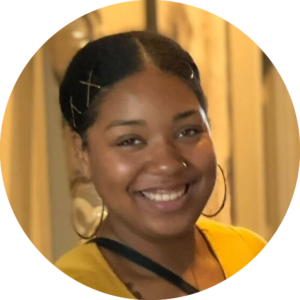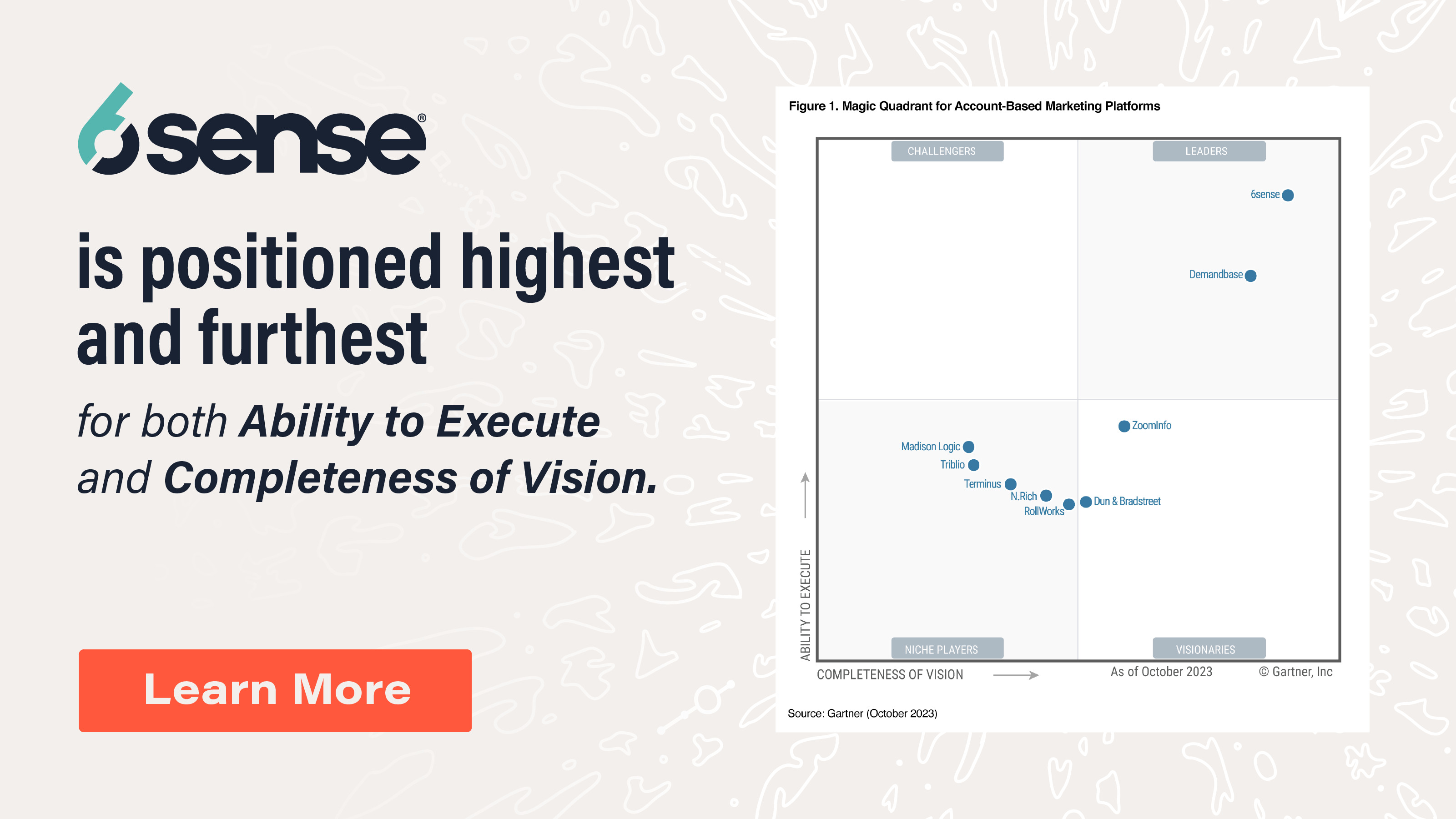Members of 6sense’s Black Employee Resource Group discuss the importance of Juneteenth, and how everyone can use history and intention to heal the nation’s deep and persistent wounds.
To understand the profound impact and significance of Juneteenth is to understand U.S. history.
The Emancipation Proclamation, issued on Jan. 1, 1863 during the U.S. Civil War, declared that enslaved people within the country were “thenceforward, and forever free.”
But factions within the U.S. — including secessionist, pro-slavery Texans — ignored the decree. Texas’ 250,000 enslaved Black people didn’t gain their freedom until over two years later on June 19th, 1865, when Union troops seized control of the state.
Many Black people celebrated immediately. Heartbreakingly, others didn’t learn of their freedom until their white enslavers shared the news much later, after the harvest season.
Juneteenth, now a U.S. federal holiday, is a particularly important day for BE@6sense, 6sense’s Black Empowerment employee resource group. BE@6sense fosters an environment where employees have equal access to leadership and professional development opportunities. It also creates programs and activities for cultural and community engagement.

In this interview, BE@6sense’s co-leads Quentell Bowser (a senior enterprise customer success manager),
Binetou Fall (a senior commercial account executive) and Kamryn Dodd (a corporate events marketing specialist) talk about Juneteenth, why it matters, and why it’s more relevant than ever.
6sense: How would you define the significance of Juneteenth?

Binetou: Juneteenth — also referred to as “Freedom Day” or “Liberation Day” — commemorates the announcement of emancipation of enslaved people in Texas on June 19, 1865, two and a half years after the Emancipation Proclamation was signed by President Lincoln, legally ending slavery.
Many Black Americans consider Juneteenth an unofficial Independence Day, since it was the day that Black citizens of the nation were no longer legally or in practice enslaved people. Juneteenth celebrates the end of the enslavement of people of African descent, primarily in the states of the former Confederacy. It is also significant to the legal history of this country.
This is part of our country’s history that we can’t forget, therefore it’s important to have the conversation. As we have these discussions and remember past events, we can improve and be better as a nation. We shouldn’t ignore the past, the history, the trauma that certain communities have been through — and are still going through to this very day
What’s something you want people to know about Juneteenth?

Kamryn: This day has a lot of cultural significance, and people need to learn about it. We all need to understand. A good way to do that is through research.
Binetou: That it is something that [generations of people] haven’t learned about in school. It’s something most folks from Texas and maybe other parts of the South study.
The majority of the U.S isn’t aware of Juneteenth and its historical significance — or might have just learned about it within the past year or so.
Quentell: I’m from Georgia. We didn’t learn about this in school. My knowledge of Juneteenth came from home. My mom is a big advocate of making sure I was prepared for the world as a Black man. And so my family did a good job of educating us. The overall lack of knowledge about Juneteenth is a systemic thing.
How do you feel the BE@6sense ERG can help bring awareness to 6sense’s community — and beyond?
Binetou: We do it by hosting events, supporting Black-owned businesses, and having internal conversations; Having a safe space where employees feel comfortable to speak their mind freely and voice their opinions goes a long way. BE@6sense will be hosting a Juneteenth educational event on June 21st which is open to all employees.
The percentage of Black employees at 6sense is still low, but growing. 6sense values diversity and inclusion and is trending towards making even larger strides toward this. [Improving this percentage] and having company leadership be a part of it, is something we’d love to help support. As we’re bringing in new employees, we want the company to aim at having a more diverse hiring and interview pool.
Kamryn: We do monthly Slack campaigns. In February, we celebrated Black History Month, of course. In March, we highlighted Black women. April was Diversity Awareness Month. We’re uplifting our BE members of different cultures, different backgrounds. Our conversation in May was about mental health and highlighting Black Asian Americans. This month, it’s Pride and Juneteenth.
We ask the people in the [Slack] channel to be active. You don’t have to be a Black person to put anything in there. We ask people to post anything they think we’d like to know. We’re all learning from each other.
Quentell: I think about how we can build some repeatable processes around how we hire, how we populate our job pool. And I think about opportunities for 6sense employees to engage in the community — whether it be through volunteer events or speaking at specific events.
What advice would you offer to anyone looking to be a valuable ally?
Kamryn: Educate yourself on current racial issues.
Binetou: It’s important to want to get involved. Ask your fellow BE members questions on how you can get involved, and point you in the right direction to resources you can use to learn more. Don’t hesitate to ask questions.
But also, speak up. If you see something you feel is unjust, reach out. Talk to your manager, or speak up to HR. These are great ways of being an ally and showing support.
Quentell: Be receptive to difference. Be receptive to something that is out of the ordinary for you. People often misjudge a situation because it’s completely different from what they’re used to.
Diversify your groups outside of work. For example, take social media. If you look at a person’s social media and notice that everyone in their group photos looks like them, you should question it. When the only thing people see on a regular basis looks like them, it’s counterintuitive to say, “I don’t see color. I don’t see race.” Of course you don’t see color or race because you are unconsciously limiting your exposure beyond what you are accustomed to. It’s something to be mindful of and work on constantly.
Don’t be afraid to step out of your comfort zone. Learn about other things that are going on in other communities, and go be a part of that. You build friends naturally that way.
Kamryn: And try to remember that it’s not always up to your Black colleague, or your Black friend, to teach you about these things. Educate yourself in the best way that’s possible for you. I still educate myself on Black history all the time. Read a book, go on Twitter, go on Instagram, do some Google searching.
If you want to come to your Black friend and say, “I read this. Do you know more about this?”, that’s great. Whenever you can, educate yourself.



